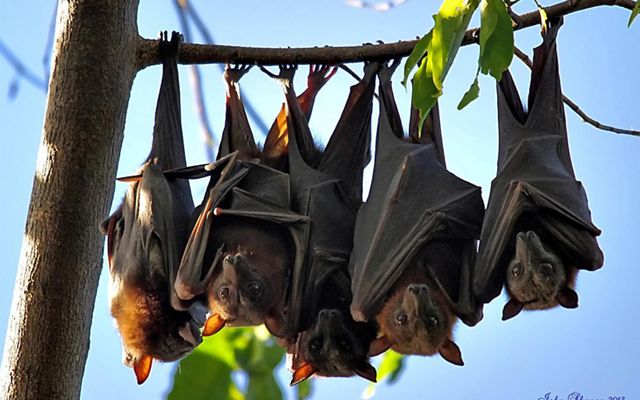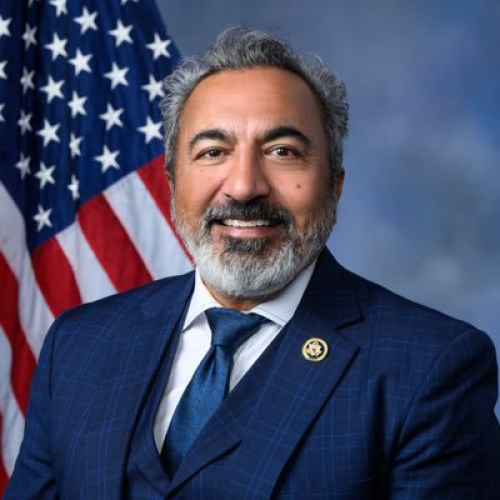New York, Oct 16 (IANS) Bat’s genes may explain why the mammals are protected from viruses like Covid-19 or Ebola that wreak havoc in humans, and are relatively cancer-free, researchers have found.
Scientists from the Cold Spring Harbor Laboratory (CSHL) in the US sequenced the genomes of the Jamaican fruit bat and Mesoamerican moustached bat -- that belong to the world’s most ecologically diverse superfamily of mammals.
When they compared these sequences to other mammals, the team found that rapid evolution has streamlined bat genomes to defend against infection and cancer.
“We didn’t know immune system genes were so positively selected in bat genomes. Bats have a number of very unusual things about them. They don’t respond to infections the way we do. In retrospect, it’s not surprising that this difference in the immune system may be involved in both the ageing and cancer response,” said Professor W. Richard McCombie from CSHL.
The team created complete genomes for both bats using new Oxford Nanopore sequencing technology.
They then compared these sequences to 15 other bat and mammal genomes, including humans. This revealed an unknown shift in levels of two inflammatory protein-coding genes called interferon-alpha and -omega.
“Bats have dialled down the immune system’s alarm by shedding genes that produce interferon-alpha,” explained Armin Scheben, a postdoctoral researcher at CSHL. “This may be responsible for their high viral tolerance. It prevents overactive immune responses that harm healthy tissue -- one of the reasons infections are so damaging to humans.”
They also found that compared to other mammals, bat genomes contain more changes in cancer-related genes, including six that repair DNA and 46 that suppress tumours.
“Our work highlights how immunity and cancer response are deeply interconnected,” Scheben said. “The same immune genes and proteins play important roles in cancer resistance.”
The teams are now exploring how bats’ immune genes are regulated and how they might be expressed in different parts of the body. They hope their work will provide new insights into the links between immunity, ageing, and cancer. It may also one day lead to improved treatments.
“There’s still a lot of unknown. Ultimately, we’ll take the work as far as we can and hand off the baton to experts in disease to work toward developing drugs or other therapeutics,” said Adam Siepel, a scientist at the CSHL.












